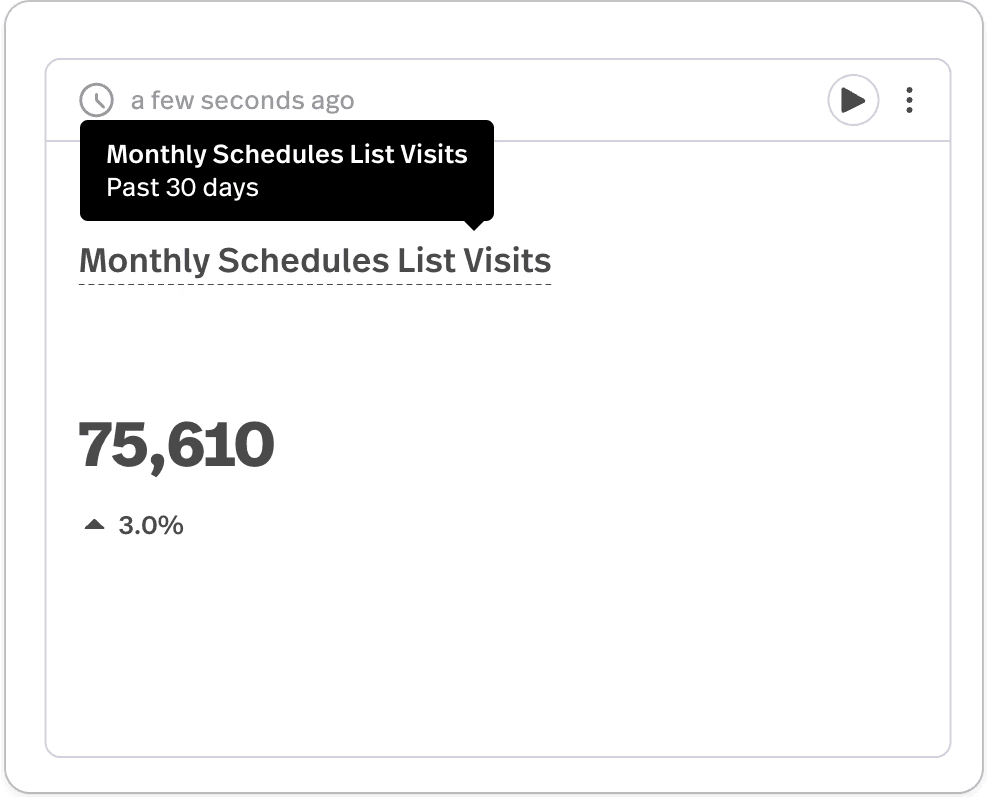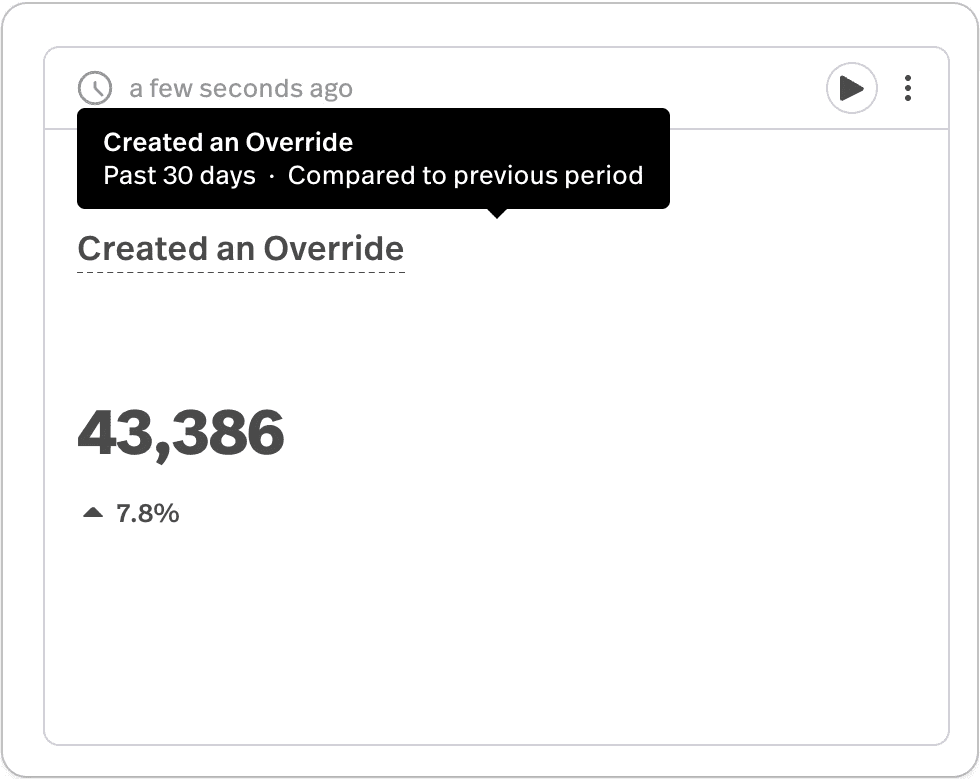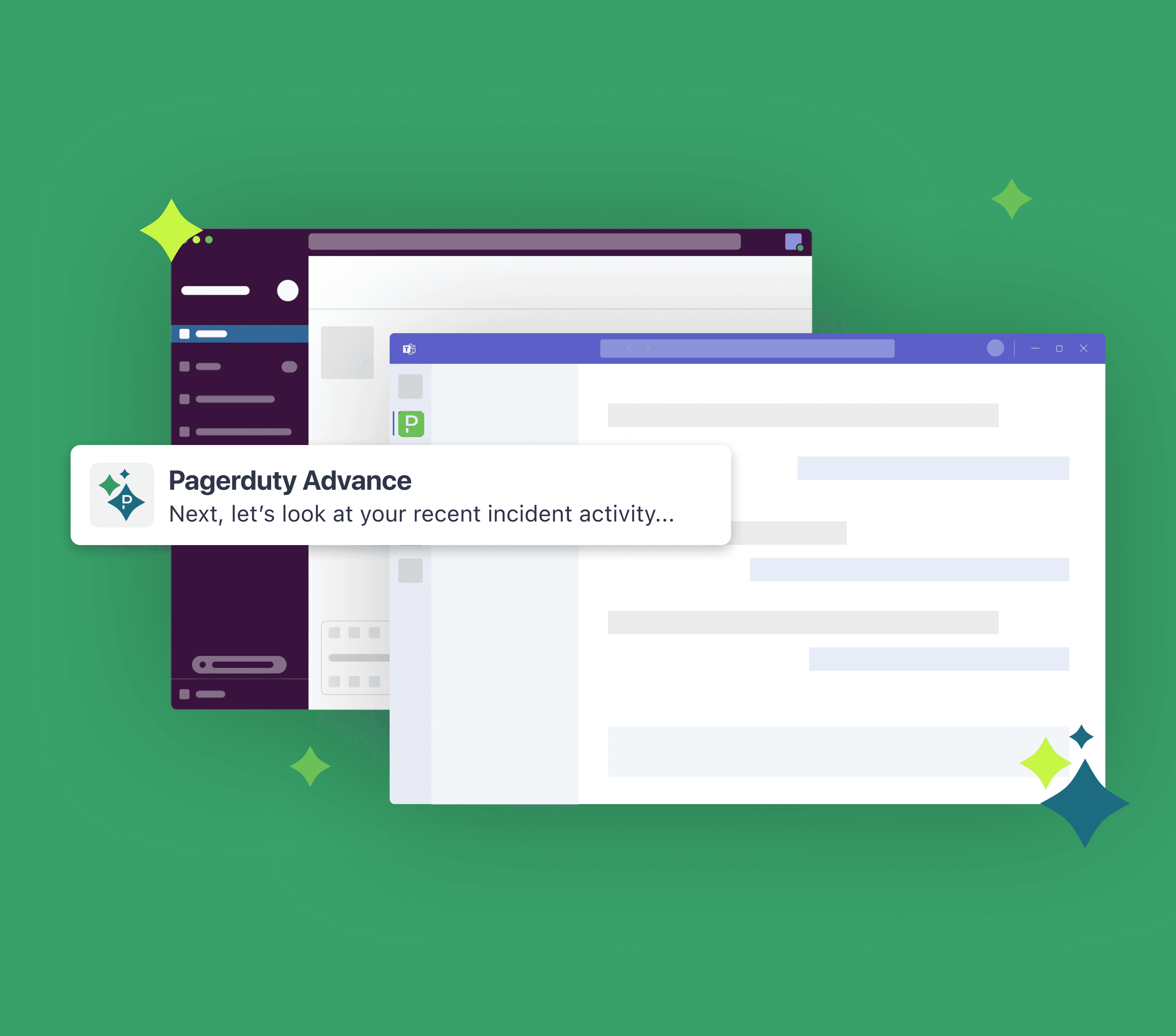
Jan 21, 2025
5 min
Creating a Schedules Agent during Pagerduty Hack Week
Modern incident response teams depend on clear, reliable information about who is on call and when. For the HackWeek project, I led the design and prototyping of a Schedules Agent: an AI-powered assistant for surfacing real-time on-call information and detecting last-minute schedule overrides.
Bringing Clarity to On-Call Management
Modern incident response teams depend on clear, reliable information about who is on call and when.
For the HackWeek project, I led the design and prototyping of a Schedules Agent: an AI-powered assistant for surfacing real-time on-call information and detecting last-minute schedule overrides.
Discovery & Prioritization
Schedules is one of the most highly used features in PagerDuty. It sits at the core of incident management workflows, serving as the backbone for on-call coverage, escalation policies, and team accountability. Nearly every responder, manager, and administrator relies on Schedules, whether to determine who’s on call, handle overrides, plan rotations, or ensure seamless handoffs between shifts.
Because of this centrality and frequent usage, even small improvements in Schedules lead to great benefits for the entire PagerDuty customer base.
User Research
The journey began with detailed user research on the pain points of on-call scheduling.
Teams reported delays, confusion around overrides, and uncertainty about escalation paths, especially in high-pressure scenarios.


Accessing NPS data
PagerDuty Schedules is a mission-critical feature, but user feedback revealed significant gaps in navigation, override handling, notifications, and scaling for large teams. Addressing these pain-points both enhanced customer trust and laid the groundwork for the multi-surface, scalable Shift Agent, directly inspired and validated by NPS insights.

This evidence supported the opportunity solution tree and validated the focus areas for the Schedules/Shift Agent roadmap, driving targeted deployments that mapped directly to pressing real-world customer needs.
Key Customer Pain-Points
Difficulty Navigating Schedules:
Users found it unintuitive and time-consuming to find team schedules or see who was currently on call. Multiple clicks and unclear navigation frustrated responders, especially during incidents.Override and Adjustment Friction:
Making or viewing overrides was confusing. Customers lacked confidence when adding/removing team members or assessing the effect of last-minute changes, which created anxiety during handoffs.Inadequate Notifications and Audit Trails:
Users frequently missed crucial updates about schedule changes, resulting in surprise on-call assignments and missed coverage. Audit trails—which should show who changed what and when—were often hard to access.Lack of Visibility for Large Teams:
As organizations grew in size, managing complex schedules became harder. Customers wanted better overviews and bulk management features for large groups.UI & Terminology Confusion:
Confusing or cluttered interface elements and ambiguous terms reduced trust and made onboarding new PagerDuty users more challenging.
Opportunity Solution Tree Mapping
I used an opportunity solution tree to systematically translate these pain-points into actionable opportunities and so we could as team brainstorm solutions to be covered by AI Agent.

This opportunity solution tree approach helped the team:
Align on the most pressing jobs-to-be-done for our users
(“I need to know who’s truly on call, fast, including any last-minute changes”)Visualize how each feature addressed a root customer problem—not just a surface symptom
Prioritize solutions that offered maximum impact for daily incident operations
Defining the HackWeek Project Scope
By mapping user pain-points and possible solutions onto the matrix, the team could quickly identify which fixes or features would yield the greatest customer value with reasonable effort, such as instant answers to “Who’s on call?”, "When will the person X be oncall" or let users ask for an oncall override.

Result
Conclusion
The Hack Week Schedules Agent was not just a prototype, it was the minimum viable foundation for the Shift Agent launched earlier this year (2025). By mapping user needs, proving override handling, and architecting for scale, this work let PagerDuty confidently expand from simply answering, “Who’s on call?” to “Proactive on-call overrides working better for everyone”.



